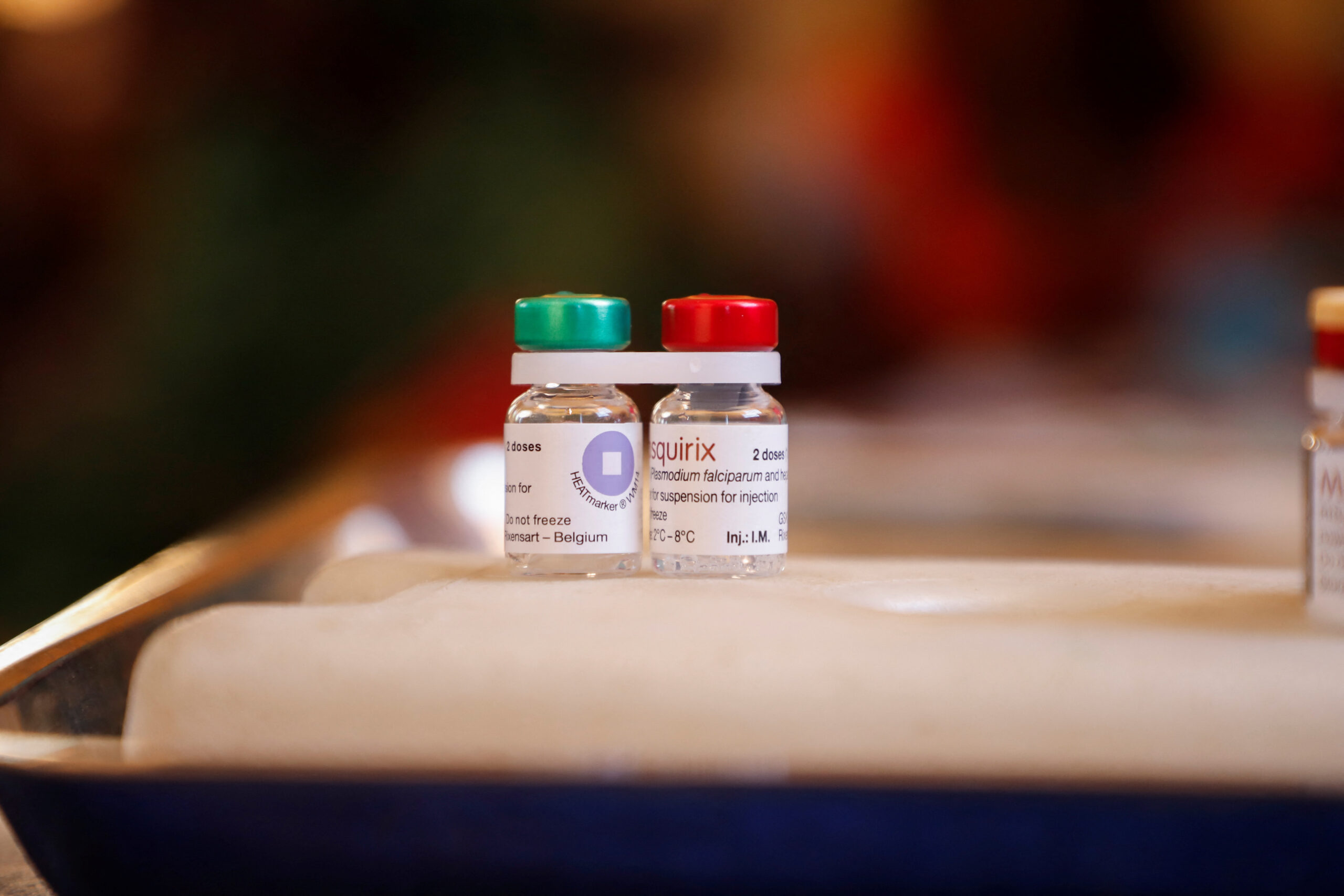Is there a secret to longevity? This health expert says 1,000% yes
In the era of social media, post-COVID, and with mental health at the forefront, a shift is taking […]

A health facility near Yaoundé marked the commencement of the world’s first large-scale malaria vaccine rollout with the symbolic first dose administered to a baby girl named Daniella on Monday.
Annually, Africa witnesses 600,000 malaria-related deaths, with children under five constituting at least 80% of these fatalities, according to the World Health Organization (WHO). Cameroon is providing the RTS,S vaccine free of charge to all infants up to six months old, requiring a total of four doses. Health officials plan to administer these doses simultaneously with routine childhood vaccines for convenience.
Following successful pilot campaigns in Kenya, Ghana, and Malawi, where the vaccine led to a 13% reduction in deaths among eligible children, according to UNICEF, Cameroon’s initiative is seen as a significant step. US researchers estimate the vaccine’s effectiveness at a minimum of 36%, potentially saving over one in three lives. Despite its relatively low efficacy rate, it is considered an important additional tool alongside mosquito nets and malaria tablets, providing up to 90% protection for children when used in combination.
The development of the RTS,S vaccine spanned 30 years of research by the British pharmaceutical company GSK. The World Health Organization, endorsing the vaccine, hailed its introduction in Cameroon as a historic milestone in the global fight against the mosquito-borne disease.
In another positive development earlier this month, Cape Verde achieved a significant breakthrough by becoming the first sub-Saharan African country in 50 years to be officially declared malaria-free by the global health body.
Concerns about the safety and effectiveness of the malaria vaccine doses have led to fears and doubts among some Cameroonians, raising issues of vaccine hesitancy.
Members of the Ministry of Health refuted claims of people being used as “guinea pigs,” underlining the need for scientists to educate the public on the vaccine’s benefits to alleviate fears.
In 2021, Africa accounted for 95% of global malaria cases and approximately 96% of related deaths. With Cameroon recording six million malaria cases annually and 4,000 deaths in health facilities, the urgency of the vaccine rollout is evident. The initial focus is on providing four doses to six-month-old children in 42 districts with the highest morbidity and mortality rates until the age of two.
While 20 other countries plan to implement the program in 2024, there is a notable demand for doses, with only about 18 million available before 2025, falling short of the recommended allocation for countries in need. The introduction of a second jab, R21, developed by Oxford University and manufactured by the Serum Institute of India, is anticipated to address the shortage, aiming to produce 100 million doses per year pending regulatory approvals following WHO endorsement last year.

In the era of social media, post-COVID, and with mental health at the forefront, a shift is taking […]

With its fast speeds and revolutionary potential, 5G stands out as a noteworthy milestone in the field of […]